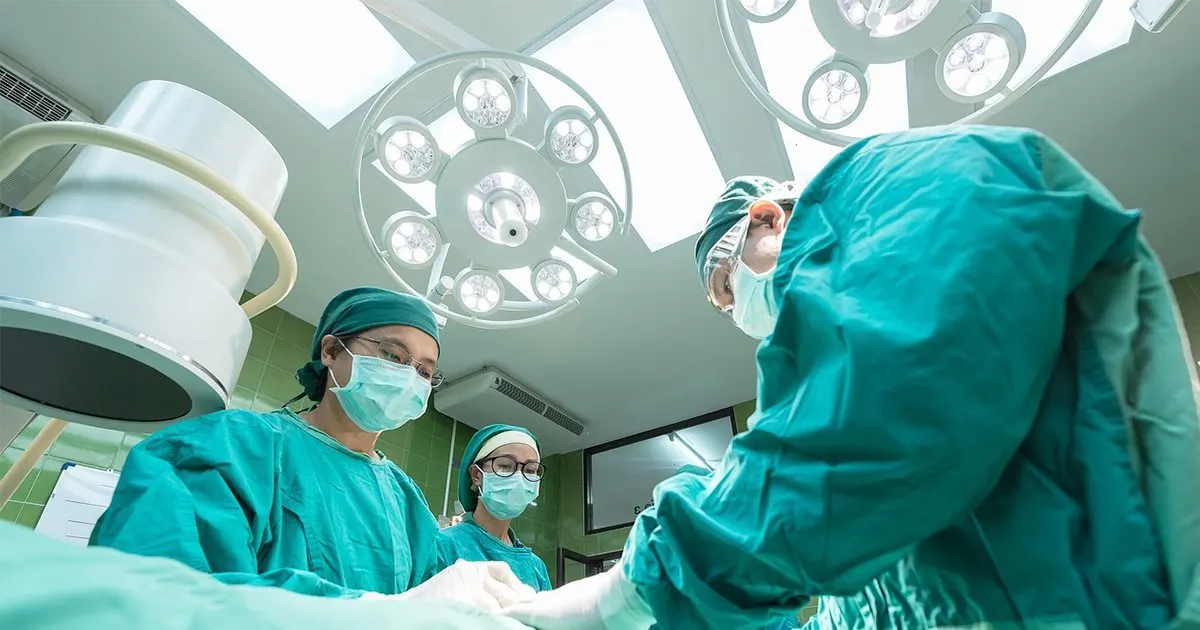How To Treat Bladder Cancer Effectively
Partial Or Radical Cystectomy

An individual who has bladder cancer may need to undergo a partial or radical cystectomy to treat their disease. A partial cystectomy is when part of the bladder is surgically removed. The partial removal is only effective for cases of bladder cancer where there is a single malignant tumor. The single tumor must be located in part of the bladder that can be removed without interfering with the normal functions of the bladder. A radical cystectomy is a surgical procedure where the bladder is entirely removed. Additionally, neighboring lymph nodes and a part of the ureters are also removed. When a radical cystectomy is performed in females, it also includes the excision of the ovaries, uterus, and part of the vagina. A radical cystectomy in males includes the excision of the seminal vesicles and prostate. This procedure is performed under general anesthesia using either a single lower abdominal incision or a series of several small incisions through which robotics are utilized to remove all or part of the bladder.
Transurethral Resection

A transurethral resection is a type of surgical procedure that may be used in the treatment of some cases of bladder cancer. A transurethral resection is only suitable for individuals who have bladder cancer that has not spread beyond the inner bladder layers and has not breached into muscular tissues. During this procedure, a cystoscope or long surgical instrument is inserted into the urethra and into the bladder after general anesthesia has been administered. The instrument contains a tiny loop of wire on the end that utilizes an electric current to solder the tissues. The surgeon uses this tool to wipe out all of the cancer cells in the bladder lining. The cancer cells may also be destroyed via this method through the use of a high energy laser.
Transurethral resection is minimally invasive, and it does not require the making of any abdominal incisions. It is common for the surgeon to recommend a single dose of chemotherapy through an injection into the bladder at the end of the procedure. This is a precaution to ensure all cancerous cells are eliminated.
